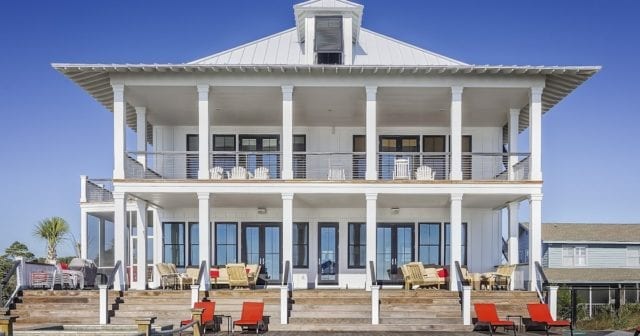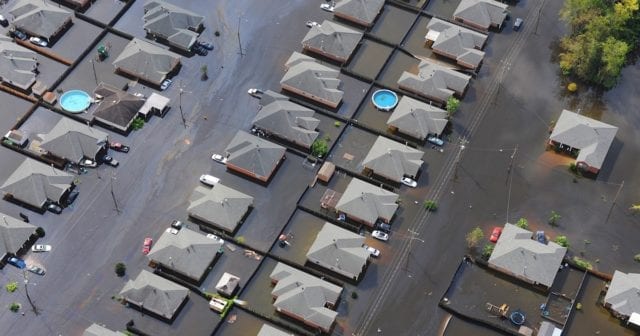Are you convinced that all home insurance policies are the same? Think again. While the standard coverage that most homeowners buy is an all-risk policy, it’s not the only choice you have. The alternative option is named peril coverage. What’s the difference, and which is right for you?
Here’s what you need to know about all-risk and named peril insurance coverage.
What is All-Risk Coverage?
All-risk coverage is the type of standard home insurance that most people are familiar with. It’s a broader insurance policy that covers everything except what’s named as an exclusion in your policy. It’s a more expensive form of insurance because it’s more comprehensive. When you file a claim, the burden of proof is on the insurance company to figure out whether the peril is covered or not.
Common exclusions to an all-risk policy include war, earthquake, flood, boiler explosion, seepage or leakage of water over time, normal wear and tear, mechanical breakdown, and more. In some cases, like flood and earthquake, you can purchase additional coverage specifically for these perils.
What is Named Peril Coverage?
Named peril insurance is something that many homeowners are less familiar with for their general insurance policy. This form of coverage covers only what is specifically named and included in your insurance policy. Because of this it’s often less expensive, but when you file a claim, you have to prove that a named peril in your coverage caused the loss.
Most named peril insurance policies cover fire, windstorm, hail, aircraft accidents, riots, vandalism, explosion, and smoke damage. When purchasing this coverage, you may be able to include other specific named perils in your policy. The most important thing to remember is that if something happens to your home, and it’s not listed in your policy, your insurance claim won’t be paid.
Which is Right for You?
So when you’re buying home insurance, which should you choose? That depends on your circumstances. If you have a mortgage, your lender will likely require an all-risk policy until you’ve paid off the home loan. In that case, you won’t have a choice.
But if you do have a choice, which option you select depends on you.
- How risk averse are you? If you’re willing to pay more to have broader coverage because it relieves some of your worry, then all-risk is likely best.
- Is cost the biggest factor? Look into named peril coverage and compare it to an all-risk policy. There’s a chance you’ll see most of the common risks named — fire, windstorm, lightning, etc.
Ultimately, whichever you choose, it’s most important to understand exactly what your coverage includes and what it doesn’t. Read the fine print, ask lots of questions, and re-assess your risk on a regular basis to make sure you have the right home insurance.
Are you ready to look at new home insurance options? Do you feel like you’re paying too much but not receiving enough in return from your insurance policy? Contact Charlotte Insurance today and let us help you choose the right home insurance policy for your home and your life.



